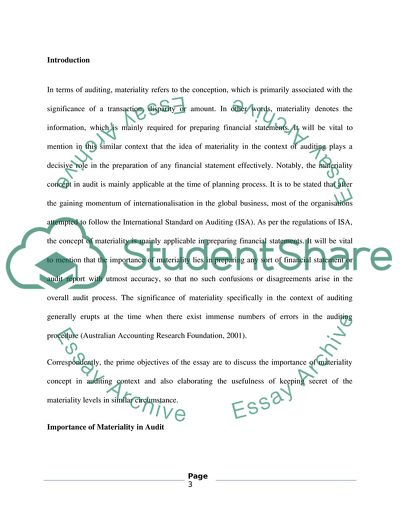Cite this document
(Auditing Essay Example | Topics and Well Written Essays - 2000 words - 8, n.d.)
Auditing Essay Example | Topics and Well Written Essays - 2000 words - 8. https://studentshare.org/finance-accounting/1853429-auditing
Auditing Essay Example | Topics and Well Written Essays - 2000 words - 8. https://studentshare.org/finance-accounting/1853429-auditing
(Auditing Essay Example | Topics and Well Written Essays - 2000 Words - 8)
Auditing Essay Example | Topics and Well Written Essays - 2000 Words - 8. https://studentshare.org/finance-accounting/1853429-auditing.
Auditing Essay Example | Topics and Well Written Essays - 2000 Words - 8. https://studentshare.org/finance-accounting/1853429-auditing.
“Auditing Essay Example | Topics and Well Written Essays - 2000 Words - 8”. https://studentshare.org/finance-accounting/1853429-auditing.


